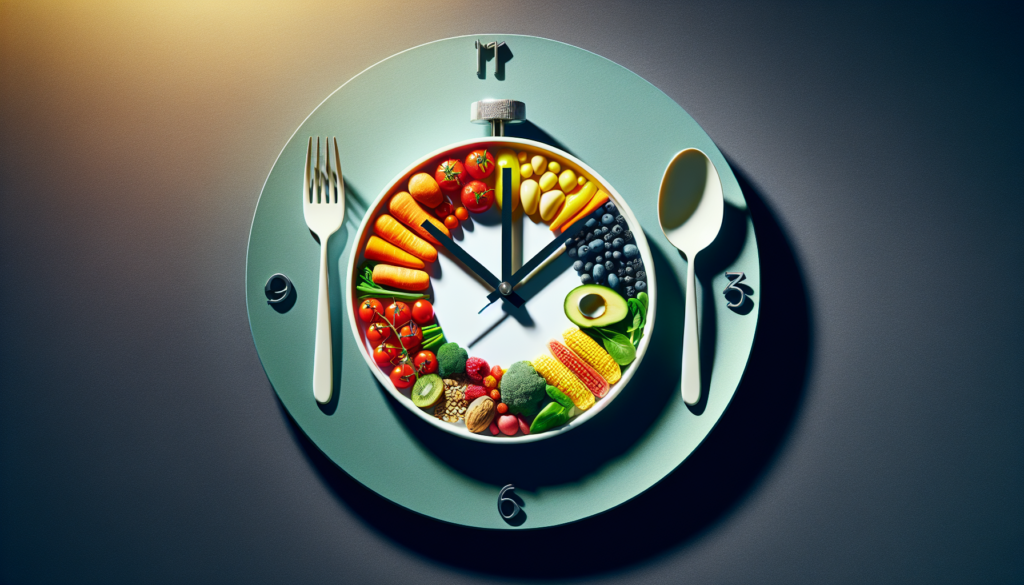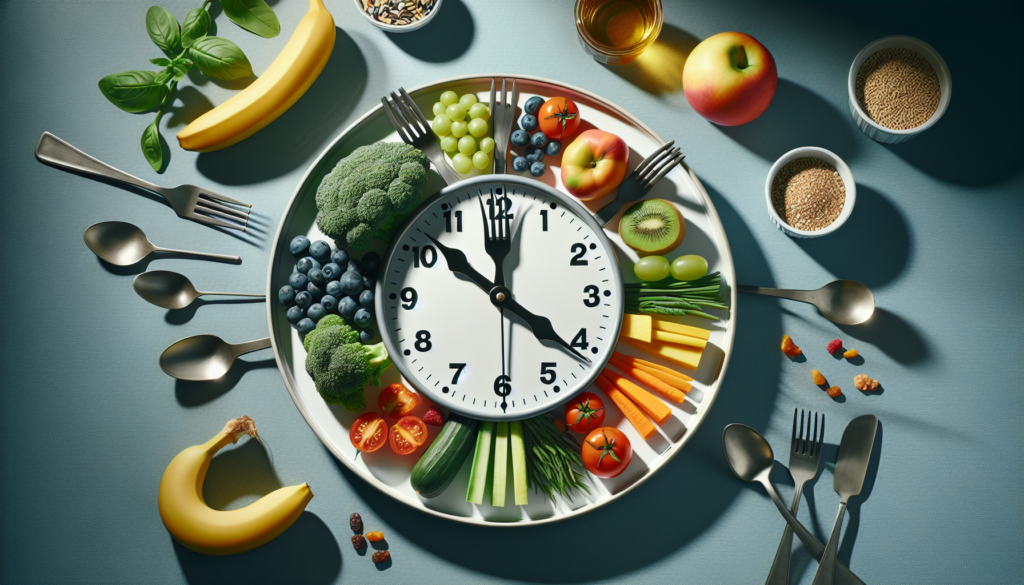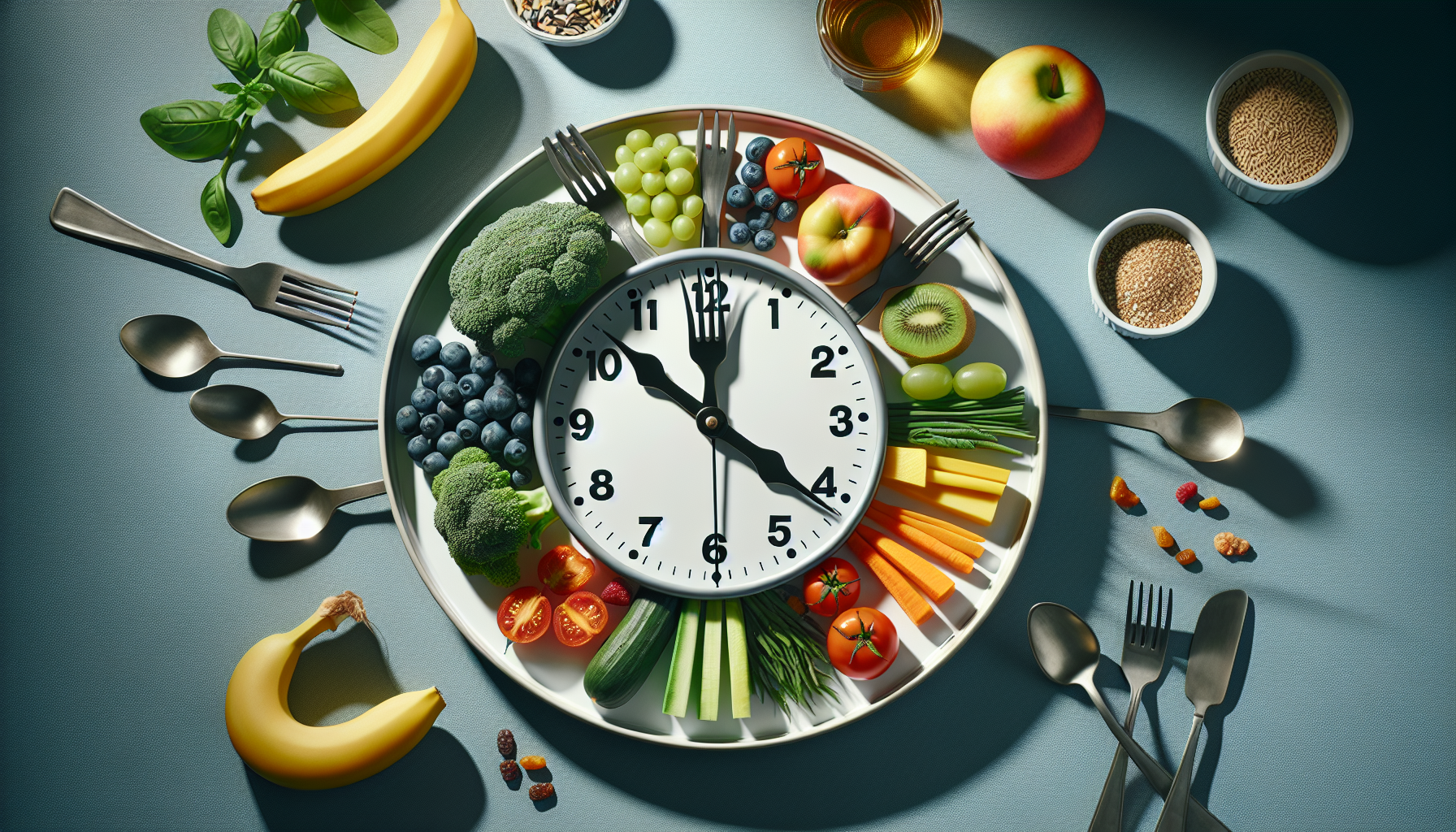Have you ever found yourself napping face-down on your keyboard by mid-afternoon, drooling onto your spacebar as ‘ZZZ’ scrawls across your spreadsheet? Ah, the sweet symphony of your energy levels orchestrated by your meal timing. Why does it feel like an unseen force has placed a piano on your eyelids? You, my friend, might not be in sync with your meal timing.
Breakfast: Is It Really the Most Important Meal of the Day?
No breakfast might save you time and give you the opportunity to practice intermittent fasting like the suave Biohackers on Instagram. But is leaving the house on an empty stomach really the key to unlocking energy superpowers? Some say it’s like jumping out of a plane without a parachute.
The Science Behind Breakfast
Breakfast acts like the boot-up process for your day. If your body was your laptop, then think of breakfast as Windows Updates. You’ve slept (I hope!) for roughly seven to eight hours and your body has been in a fasting mode. Eating breakfast kickstarts your metabolism and tells your body, “Let’s get this show on the road!” It’s like feeding coal into the steam engine of your day. But coal’s environmentally unfriendly, so think organic avocados instead.
Timing Your Breakfast
It’s not just having breakfast that might screw things up—it’s when you have it. Do you eat breakfast right after you wake up, or do you wait until the office coffee has had a chance to ruin your breath? Eating within an hour or two of waking up helps stabilize blood sugar levels, preventing that mid-morning plunge into the abyss of lethargy.
The Mid-Morning Snack: Friend or Foe?
Consider the mid-morning snack. It’s like that one friend who always shows up to the party uninvited. Should it be there, disrupting your meal schedule, or does it help to keep you energized like a caffeinated squirrel?
Balancing Your Blood Sugar
Taking the time for a small snack can prevent the dreaded caffeine crash. It’ll help regulate those pesky insulin levels, avoiding the rollercoaster ride of sugar highs and energy dives that make life a never-ending cycle of naps and yawns.
| Pros of Mid-Morning Snacks | Cons of Mid-Morning Snacks |
|---|---|
| Helps maintain energy levels | Can lead to over-eating |
| Prevents blood sugar spikes | Might interfere with lunch |
| Keeps hunger at bay | Not always a healthy choice |

Lunch: The Midday Meal that Might Make or Break You
Ah, lunch. The meal that gives your morning accomplishments the validation of a much-needed break. Yet it’s less straightforward than it might seem. You’d think inhaling a plate of pasta might cement an afternoon filled with prowess, but often it leads you straight into the arms of a food coma.
The Timing Dilemma
Experts say you should have lunch about four to five hours after breakfast. This might feel more like a trigonometry problem than a meal plan. Deciphering the perfect time is essential to maintain steady energy levels, acting like a bridge and not a launchpad for siesta dreams.
Balancing Your Plate
Remember the Food Pyramid from your school days? That bizarre triangle suggests balance, and so should your plate. Protein, healthy fats, and complex carbohydrates are the melody that prevents you from crashing into naptime blues. It’s almost like you’re a musical genius, but with salads.
Avoiding the Post-Lunch Slump
Picture this: you’ve just finished your lunch—you feel like Leonardo DiCaprio in Titanic… unsinkable. But two hours later, it feels like that literal-sinking-ship from Titanic—your Oscar-winning-worthy energy dives straight into glacial lethargy.
The Culprits
High-fat meals and refined carbs can often bring about this torpid state. They’re the mysterious dual villains lurking in the shadows of your hidden fatigue. Aim to replace refined grains with whole grains and take a break from that five-cheese pizza lasagna (it’s possible your arteries are pleading with you at this point).
Pro Tips for Beating the Slump
- Walk it off: A slow stroll after lunch can rejuvenate your senses and have you feeling as sprightly as a caffeinated bunny.
- Hydrate: Water, that deceptively simple molecule, can help fend away fatigue like a trusty shield. There’s no need to do a La Croix commercial here, but keep your water close.

Mid-Afternoon Snacks: The Bridge to Dinner
Thanks to your taste buds and their penchant for evening antics, this snack could keep you off the couch. Not just any empty-calorie munchies, though—choose wisely, like a snack connoisseur.
What It’s All About
The purpose of an afternoon snack is to be that daily bridge over the yawning chasm of energy dips between lunch and dinner. It’s the ultimate orchestrator of a harmonious, energetic day.
Snack Smart
- Bananas and Peanut Butter: Simple, basic: the majestic combination arching the bridge to your energy needs.
- Nuts: A handful of almonds or walnuts. Nature’s sophisticated energy nuggets.
Dinner: The Delicious Culmination
This is the quiet voice at the end of the day, serenading you into a relaxed evening. But beware—an overly indulgent dinner can do more than just help you pack on the pounds. It can interfere with your beauty sleep too.
Timing is Everything
It might be wise to avoid eating too close to bedtime, leaving about two to three hours between your last morsel of grub and your trip to dreamland. Not because you might choke on your pillow, but because it can disrupt your sleep cycle and body’s recovery time.
What to Eat
You might be tempted to dive head-first into a vat of spaghetti carbonara. Instead, aim for a meal with balanced nutrition. Think lean proteins, veggies, and whole grains. Think about it as inviting the cast of Friends to dinner: everyone gets along, nobody’s trying to steal the limelight, and they collectively create a fun, harmonious conclusion.
The Role of Circadian Rhythms
Your body is an ever-efficient Swiss watch, operating around a 24-hour day. This biological rhythm influences virtually every aspect of bodily function, including energy expenditure and how your body processes food.
Listening to Your Body’s Clock
Embrace your inner biologist and understand this rhythm. It’s as if your body, too, wanted to dictate your meals in tripti—starting from breakfast to that late-night snack you might guiltily devour.
Timing and Energy
The integral groundwork is here: when you fuel your body in alignment with its natural cycle, the better you’re likely to feel, and let’s face it—you’ll avoid resembling a wilting hibiscus.
Final Thoughts and a Dash of Humor
While you’re piecing together your meal timing blueprint, just remember that true success takes time, patience, and possibly a sense of humor. You’ll likely trip, fall, consume far too many doughnuts, and maybe have a chemistry-defying triumph or two won by mastering that broccoli casserole recipe.
The journey of meal timing is as much a comedy of errors as your mom’s failed attempts to construct Ikea furniture. You’ll soon find that organized eating positively impacts your daily vitality, allowing that elusive energy balance to finally take the center stage. Remember to pace yourself. After all, even Shakespeare didn’t conquer playwriting all at once.
